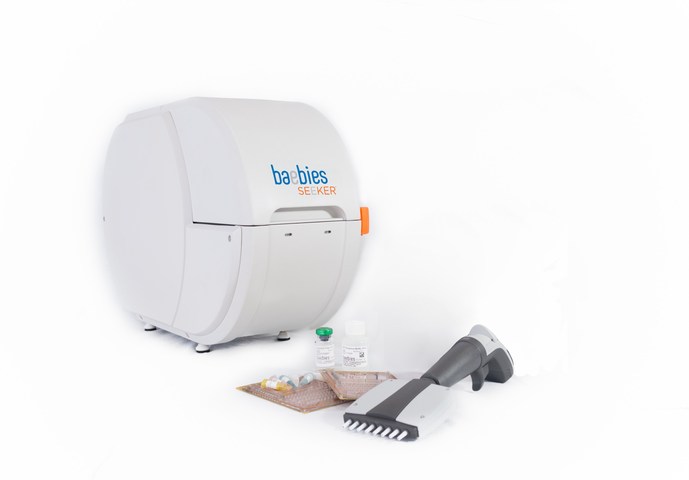Baebies, a company focused on advancing newborn screening and pediatric testing, announced it has received de novo clearance from the U.S. Food and Drug Administration (FDA) for SEEKER. SEEKER quantitatively measures the activity of lysosomal enzymes α-L-iduronidase (IDUA), α-D-glucosidase (GAA), β-glucocerebrosidase (GBA) and α-D-galactosidase A (GLA) from newborn dried blood spot specimens. Reduced activity of these enzymes may be indicative of lysosomal storage diseases (LSDs) Mucopolysaccharidosis Type I (MPS I), Pompe, Gaucher or Fabry, respectively.
“Although these LSDs have FDA approved therapies, this is a significant milestone for the LSD community, as SEEKER is the first FDA cleared product for LSD testing,” says Vamsee Pamula, President and Co-Founder of Baebies. “FDA’s clearance of SEEKER resulted from a thorough and rigorous review. We look forward to providing SEEKER kits to implement safe, effective, easy and reliable screening for LSDs. SEEKER is the only FDA authorized test on the market.”

SEEKER Instrument (Credit: PR Newswire)
Newborn screening, widely recognized as one of the most successful public health programs in the U.S., ensures that all babies are screened for certain serious conditions at birth. The program started more than 50 years ago and has since expanded to include more than 30 metabolic and genetic diseases. The recent addition of Pompe disease and MPS I to the Recommended Uniform Screening Panel (RUSP) have brought more recognition to the benefit of early detection through newborn screening for LSDs.
“As LSDs are being added to the RUSP, state newborn screening programs are making plans to begin screening. FDA clearance enables state laboratories to confidently implement testing while minimizing the validation effort resulting in a cost effective implementation,” says Bradford Therrell, Jr., PhD, the Director of the National Newborn Screening and Global Resource Center.




